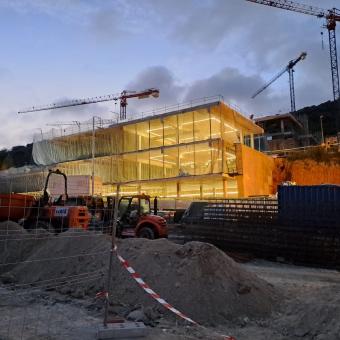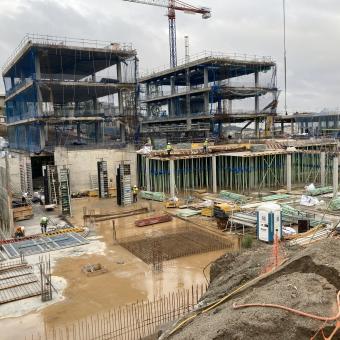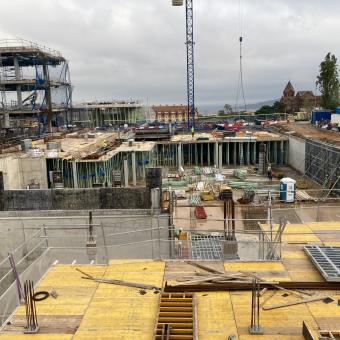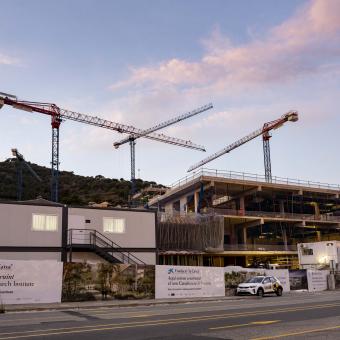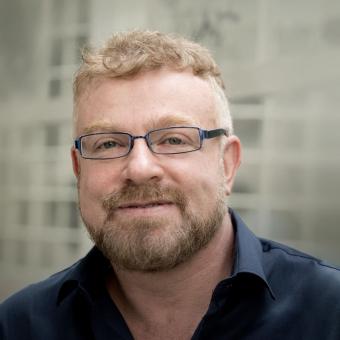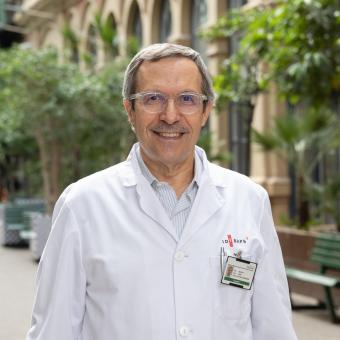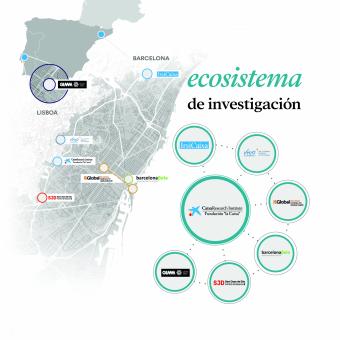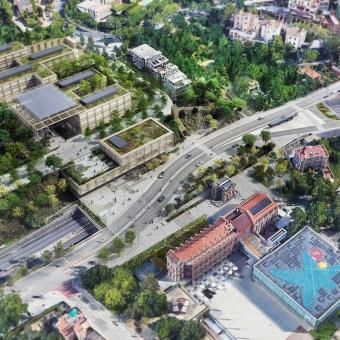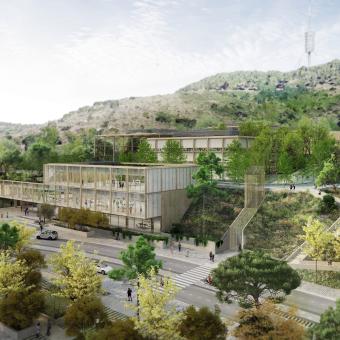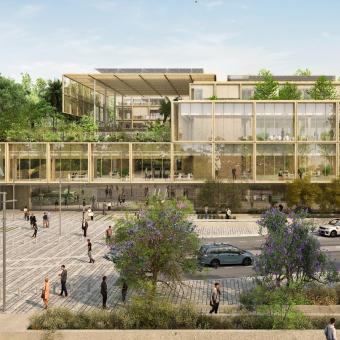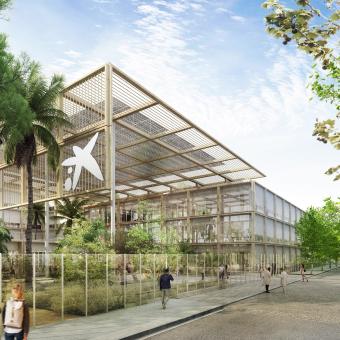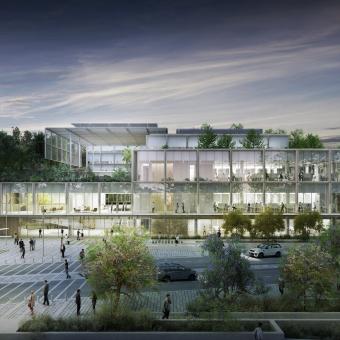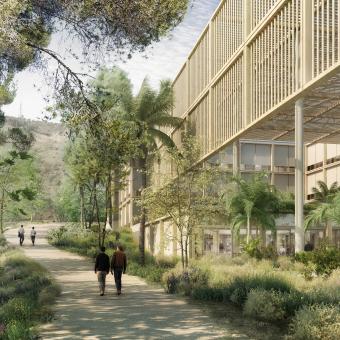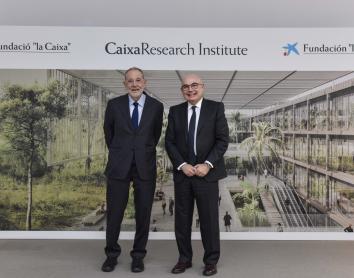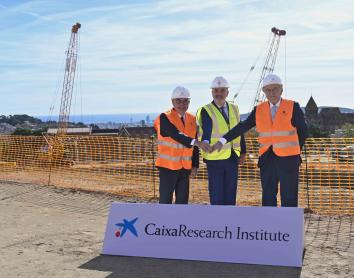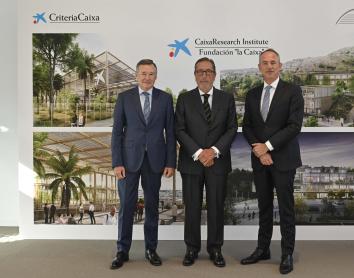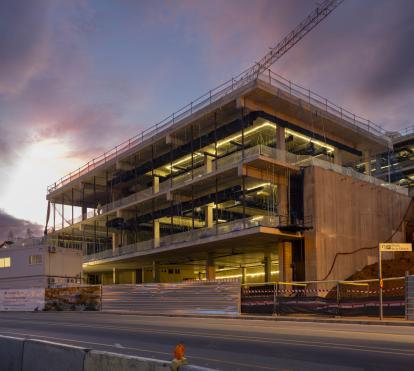
CaixaResearch Institute announces the first research groups of the 12 it plans to create in the coming years
27.11.24
6 minutes readThe Board of Trustees of the CaixaResearch Institute has just approved its 2025-2027 Kick-off Plan, which includes four priorities for the coming years: generating new scientific knowledge in the immunology of diseases; promoting a culture of innovation that translates into new treatments and health products; implementing cutting-edge technologies; and creating a flexible and efficient organisational model based on talent management.
Regarding the first of these objectives, focused on scientific excellence and knowledge generation, the plan envisages the establishment of the Institute’s first research groups. This has begun to take shape with the appointment of two group leaders.
On the one hand, the neurologist and IDIBAPS-Clínic researcher Dr Josep Dalmau, renowned for his discovery of several autoimmune encephalitis syndromes, who will hold a dual position shared between his current institute and the CaixaResearch Institute. Dr Dalmau is an elected member of the US National Academy of Sciences (NAS).

On the other hand, Argentinian biochemist Dr Gabriel Rabinovich, who among other discoveries, identified the role of galectin-1 in promoting immune tolerance, with implications for treatments against cancer and autoimmune diseases. Dr Rabinovich is also an elected member of the NAS and also of the European Molecular Biology Organization (EMBO) and he’s also founder of the biotech company Galtec.
These appointments are joined by that of Dr Antoni Ribas as president of the Institute’s Scientific Advisory Board. Dr Ribas is currently the director of the Parker Institute for Cancer Immunotherapy Center and the Tumor Immunology Program at the Jonsson Comprehensive Cancer Center, University of California, Los Angeles (UCLA).
As of late 2024, the Institute is in the process of selecting new principal investigators from around 100 candidates, who are expected to join in 2025. Over the next three years, new calls for group leaders are planned, aiming to establish 12 research groups by the end of 2027. In total, when the Institute reaches full capacity (2033), it is expected to host more than 40 research groups and scientific-technical service units.
Thus, the CaixaResearch Institute — Board of Trustees which is chaired by Isidro Fainé, chairman of the "la Caixa" Foundation, with Javier Solana, chair of the organisation's Scientific Committee, as a member — continues to take steps towards becoming Spain’s first research centre dedicated entirely to interdisciplinary and applied immunology. Under the guidance of Dr Josep Tabernero, who chairs the Internal Scientific Committee, the Institute will focus on understanding how the immune system functions when interacting with specific pathologies, such as neurological, oncological, metabolic and infectious diseases, as well as analysing related environmental factors.
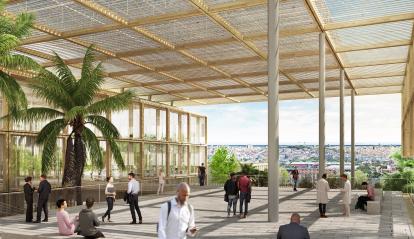
The Institute is collaborating and working complementarily with an ecosystem of six leading centres that the ”la Caixa” Foundation supports strategically: IrsiCaixa, the Vall d’Hebron Institute of Oncology (VHIO), the Barcelona Institute for Global Health (ISGlobal), the Barcelonaβeta Brain Research Center (BBRC) and, more recently, the Institut de Recerca Sant Joan de Déu (IRSJD), as well as the Gulbenkian Institute for Molecular Medicine, in Lisbon (GIMM).
Bringing discoveries closer to society, a top priority
Building a culture of innovation will be one of the main focuses for the CaixaResearch Institute in the coming years. With the ultimate goal of ensuring that research findings reach society, the Institute will provide researchers with support on any aspect related to the transfer of their research results and throughout all phases of the innovation process. The centre is also driving the creation of an innovation hub together with its six partner centres to strengthen and support the innovation and transfer activities of each of them.
In the words of the chairmen of the ”la Caixa” Foundation, Isidro Fainé, “The impact of the CaixaResearch Institute will be measured by the scientific excellence it achieves and its ability to translate new biomedical knowledge into new drugs, new diagnoses and new treatments that improve the lives of our fellow citizens.”
Cutting-edge facilities and efficiency as a foundation
The third priority of the CaixaResearch Institute for the coming years is the implementation of cutting-edge technologies and world-class facilities. The Institute plans to invest 10 million euros in new technological platforms over the next three years, including cytometry, genomics and an animal facility and biobank. It will also receive support from the Barcelona Supercomputing Center (BSC) to enhance the management and use of biomedical data generated by the research groups, through the Biomedical Data Hub.
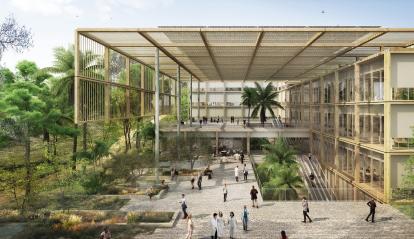
The plan also envisages the development of a robust programme of technology platforms to support its research groups by prioritising the recruitment of top-level professionals in their respective fields. This will enable the creation of customised applications tailored to the needs of the researchers.
The effective operation of the Institute also depends on the talent management within its community, as the contributions of outstanding scientific teams, engineers, technical staff, medical professionals and highly skilled managers will be essential for achieving its goal of becoming a European benchmark in immunology research. Training, digitalisation, diversity, gender equality, equity and inclusion will be at the core of the Institute’s organisational model.
A new scientific campus in Barcelona
The ”la Caixa” Foundation will invest around 100 million euros in the construction of the new CaixaResearch Institute complex, which is also being financed by the European Investment Bank (EIB) through a recently signed agreement with CriteriaCaixa.
Currently, the buildings for the future CaixaResearch Institute in Barcelona are still under construction. The centre, designed by TAC Arquitectes with the highest standards of sustainability and environmental protection, will be connected to the CosmoCaixa Science Museum, which will make it possible to establish a world-class scientific campus at the foot of the Sierra de Collserola Natural Park.
This proximity will also enable the development of synergies and joint activities between the museum and the Institute to bring science closer to society and achieve a greater social impact. Among other benefits, it will help inspire scientific vocations and promote a more responsible public attitude towards research and health.
In the coming months, the Institute will enter its launch phase, with the first of the two planned buildings expected to open before the end of 2025, housing the initial research groups. Between 2026 and 2033, it will undergo a growth phase, reaching full capacity by 2033 with more than 500 professionals – 425 of them scientists – working within its 20,000 m2 facility.

